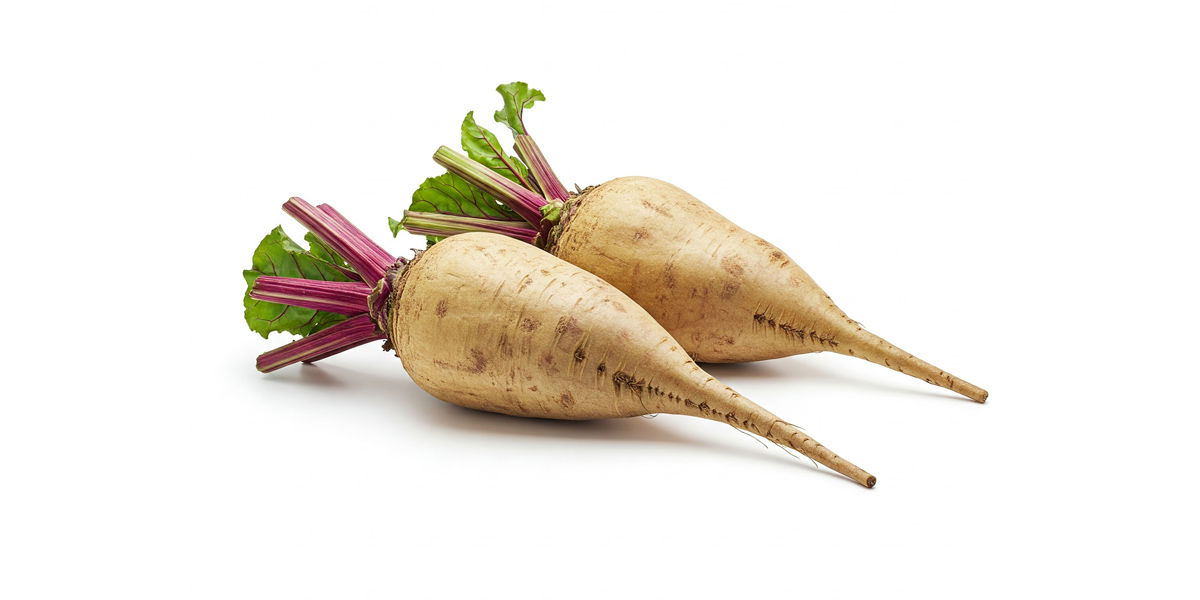№ 1 Allulose
ALLULOSE
SWEETENER

Remix
Ranking
#1
Glycemic
Index
0
Sweetness
to Sugar
70%
This Sweetener is a Rare Sugar
Rare sugars exist only in small quantities in nature, with allulose initially identified in wheat and later found in figs, jackfruit, raisins, caramel sauce, and maple syrup. However, these sources don’t provide enough volume for mass production, so manufacturers derive allulose from sugar beets or corn using enzymes to convert fructose into an identical compound. We recommend sugar beet-derived allulose, as it offers a non-GMO option, lower risk of contamination, and better digestibility for those sensitive to corn. Additionally, sugar beets may have a lower environmental impact due to efficient water use and soil health benefits.
It’s a Monosaccharide
Monosaccharides, also called simple sugars, are the most basic units of carbohydrates. They are classified by the number of carbon atoms they contain: triose (3), tetrose (4), pentose (5), hexose (6), heptose (7), and so on. Allulose is a hexose with the same molecular formula as fructose but with a different structural arrangement, which explains why our bodies cannot metabolize it.
The 6-carbon ketohexose structure of allulose, similar to fructose, gives it its sweet taste and doesn’t sharply raise blood sugar levels, making it a good alternative for those monitoring their glucose.
Inside and Out
Allulose offers the same taste and texture as sugar without the calories. It is absorbed by the body but not metabolized, so it does not raise blood sugar or insulin levels, making it particularly beneficial for diabetics and those following ketogenic diets. Since allulose resists fermentation by gut bacteria, it minimizes bloating and gas that can occur with other sugar alcohols.
Put it to Good Use
Allulose is about 70% as sweet as table sugar, so you may need to adjust your recipes—but you might find you don’t need to at all. Unlike table sugar, it doesn’t crystallize when cooled, making it perfect for curds, jams, and preserves. However, allulose browns faster than table sugar, so keep an eye on your oven—you may need less baking time.
Allulose
Buy
Alert: Most allulose manufacturers use enzymes to convert fructose from corn. The best allulose comes from sugar beets.